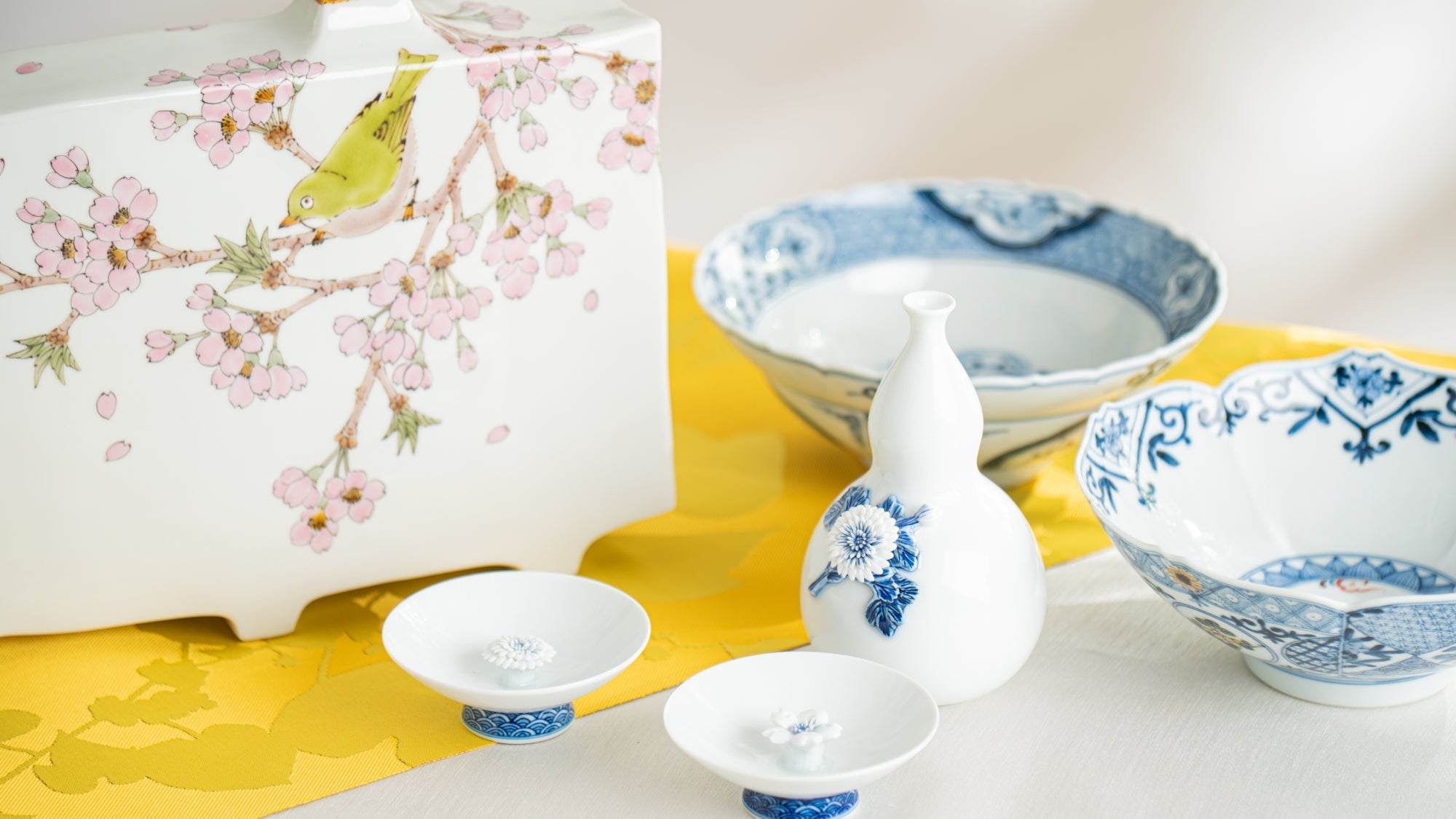
Excellence Endorsed: Celebrating Japan’s Most Honored Creators
Written by Team MUSUBI
Japan boasts a rich heritage of exquisite craftsmanship, honed over centuries, whose magnificence is celebrated in numerous ways. Among these celebrations, the accolade of becoming a purveyor to the Imperial Household Agency stands out as a particularly prestigious title. Instituted in 1891 by the Imperial Household Ministry (now known as the Imperial Household Agency), this honorable status was exclusively awarded to vendors and establishments who met stringent criteria and demonstrated unparalleled quality and reliability. We invite you to explore the history and significance of this prestigious recognition. Please enjoy a level of excellence that remains unchanged in the modern era.
table of contents
A Historical Honor

Aerial view of Imperial Palace/The above image is for illustrative purposes only.
Established in 1891 by the Imperial Household Ministry (now the Imperial Household Agency), only those who met rigorous quality and reliability standards, with a consistent history of supplying goods, were granted this distinguished title. As false claims of this accolade increased, the requirements became more stringent. At its strictest, vendors had to have supplied goods to the Imperial Household Ministry for over five years. Those chosen were officially recognized, permitted to use the title of purveyor of the Imperial Household Ministry, were granted a trademark and a pass to the Imperial Palace.
This recognition can be likened to the Royal Warrant of Appointment, which is still granted as a mark of special mention to individuals or companies who consistently supply goods or services to the British Royal Household.
A Legacy of Distinction
From confectioneries to one of Japan’s finest stationery stores, the range of esteemed holders of this prestigious label was vast, surpassing over 100 names during its sixty-one years of regal recognition. Among the many recipients of this title, traditional crafts held a prominent place, as one of the purposes of this system was to maintain the standards of Japan's cultural heritage and techniques. Here are some select manufacturers who received this honorable mention:
Hirado Kohsyo Danemon Kiln

A direct descendant of Goryeo-tteog, who established Mikawachi ware in the 16th century, Nakazato Taiyo specializes in underglaze blue and delicate decorations that highlight the beauty of white porcelain. This kiln has been highly acclaimed both in Japan and abroad, including the Imperial and Royal Families, and has gained increasing value as a work of art.

In 1928, Hirado Kohsyo Danemon Kiln was bestowed the honor of crafting a wedding gift for Emperor Showa by the Imperial Household Agency. The kiln has also provided items to His Majesty the King of the Netherlands on several occasions to further cultural exchange between the two countries. Hirado Kohsyo Danemon Kiln is known for their three-dimensional chrysanthemum decorations, made from porcelain clay using thin bamboo tools with delicate and outstanding technique. Each petal is meticulously carved by artisans, creating a porcelain flower sculpture that softens and blooms when glazed and fired.
Fukagawa Seiji
Fukagawa Seiji, a renowned Arita ware kiln, received the highest honor of a gold medal at the 1900 Paris Exposition for its distinguished porcelain. This recognition in Europe elevated its status, leading to its selection as a purveyor to the Imperial Household Agency.
Ando Cloisonne
Ando Cloisonne has been manufacturing and selling Owari cloisonne for nearly 150 years. Owari Cloisonne is a type of enamelware decorated with vibrant, colorful designs often depicting natural scenery and the beauty of nature. In 1900, Ando Cloisonne was honored with the title of purveyor to the Imperial Household Agency.
Prestige in Your Hands
Although the formal recognition of this title ended in 1954, it is important to understand that vendors, producers, and establishments known for protecting quality, reliability, and centuries-old traditions continue to be recognized and welcomed by the Imperial family. Imagine owning a piece crafted with the same dedication and excellence that graces the tables of the Imperial Palace. Now within your reach, pieces from the following kiln can add a touch of exceptional elegance to your everyday life.
Myousen Toubou

Myousen Toubou, established in 1975, has faithfully preserved the techniques passed down from its predecessors of Kutani ware founded about 360 years ago. They produce high-quality Kutani ware that is lightweight, durable, and decorated with stunning glazes and meticulous hand paintings.
In 1990, Myousen Toubou received the esteemed commission to produce tableware for the Emperor and Empress, as well as for use at Imperial banquets. More recently, in 2020, they created vessels for the Rite of Rising Imperial Heirs, a ceremony to announce that Prince Akishino will be first in line to the Imperial Throne.
Yamada Yoshiaki

Holding the prestigious national certification as a master of traditional crafts and a full member of the Japan Kogei Association, Yamada Yoshiaki is renowned for his distinctive approach to Kutani ware. While this craft is typically characterized by the vibrant application of the five traditional colors—green, yellow, red, purple, and blue—Yamada distinguishes himself by using soft, translucent hues to reflect the evolving beauty of nature across the seasons.
His intricate depictions of trees, flowers, and animals are brought to life through negative space, which emphasizes the allure of the natural world by inviting viewers to use their imagination. This unique interplay of presence and absence draws the audience into the tranquil landscapes he creates, offering them a sense of being part of the natural beauty he so delicately portrays.
His works have been acquired seven times by the Imperial Household Agency. In recognition of his contributions to the arts, Yamada was awarded The Order of the Sacred Treasure, Silver Rays, by the Japanese Cabinet Office in 2020.



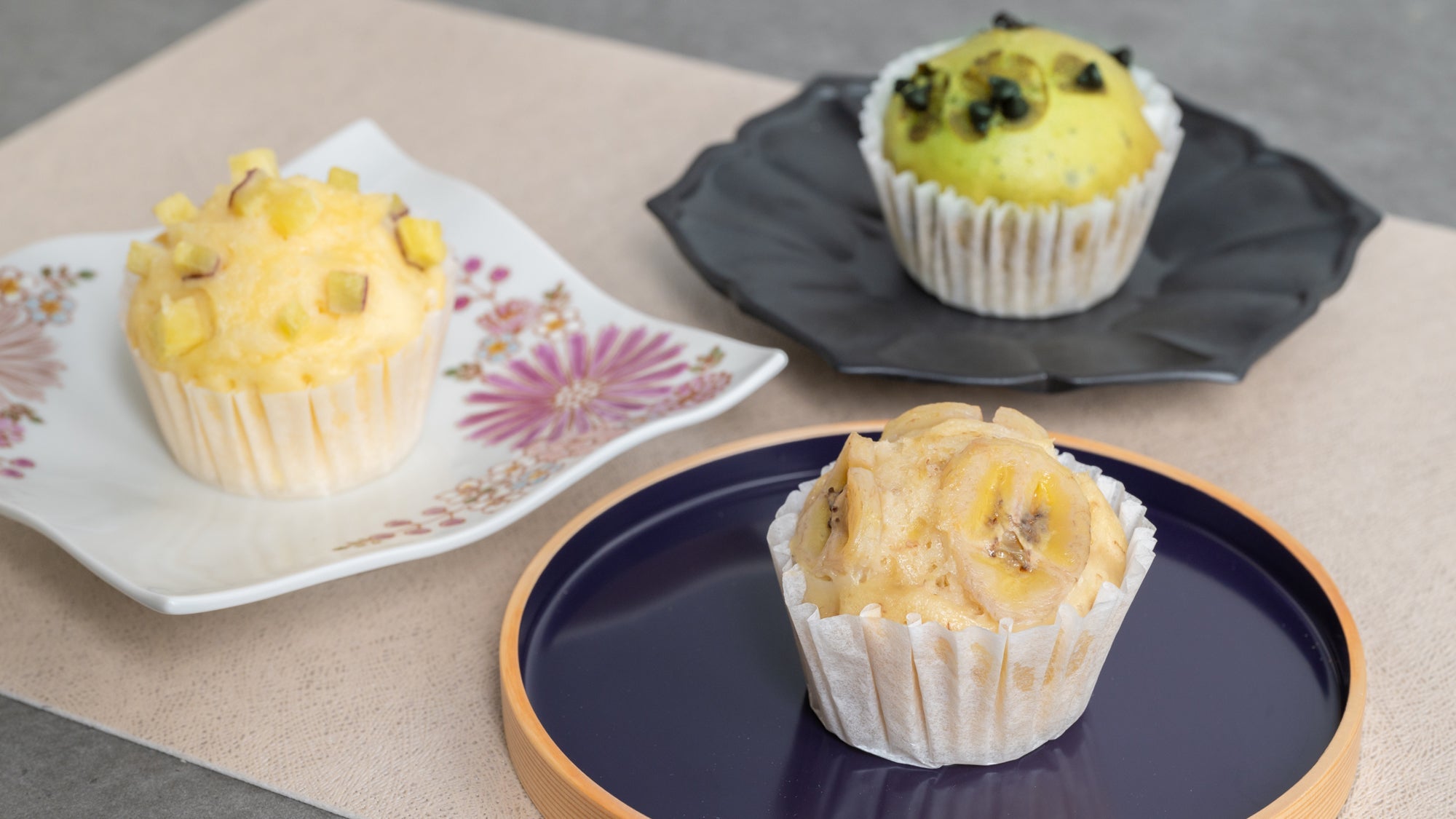
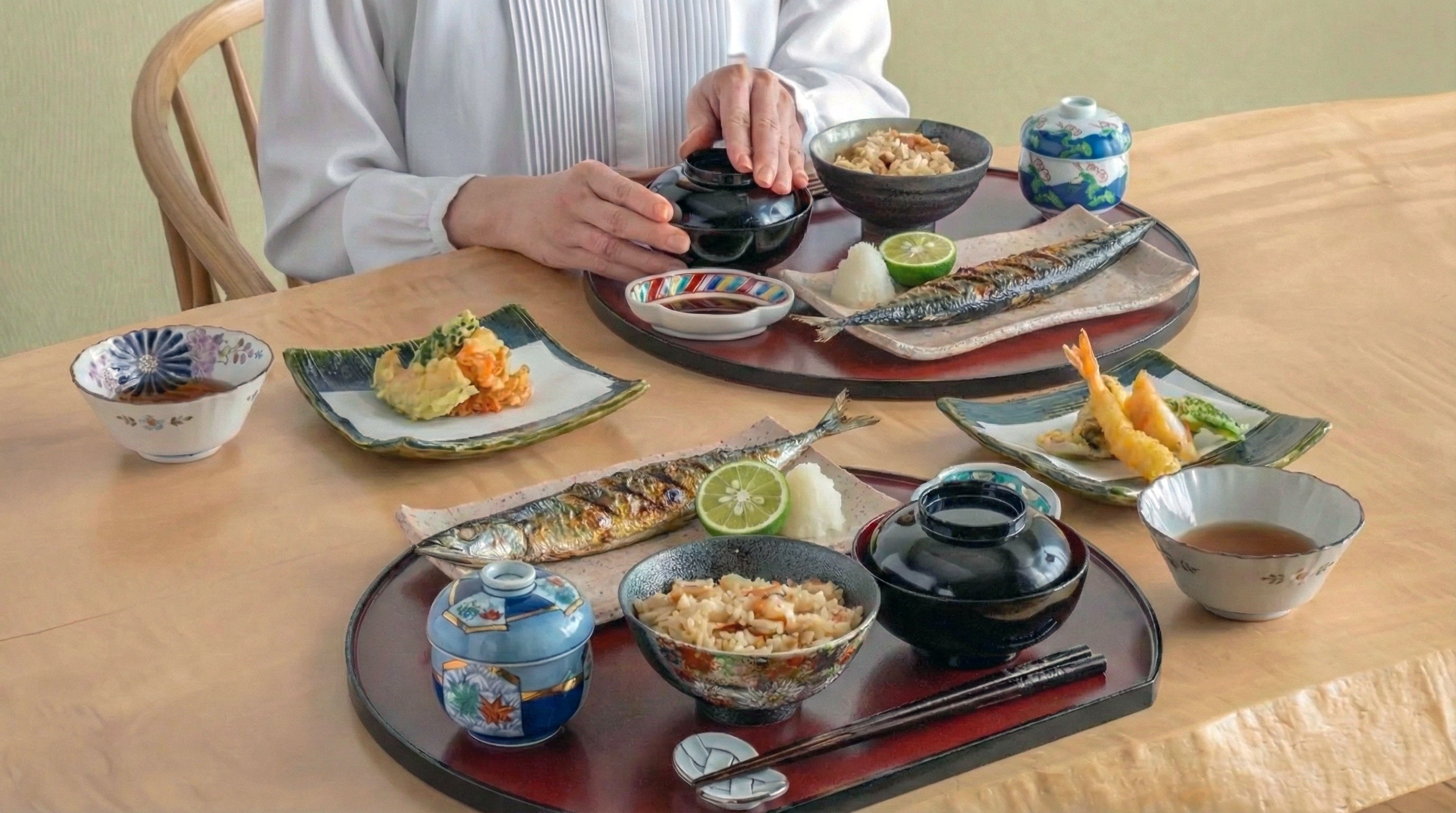
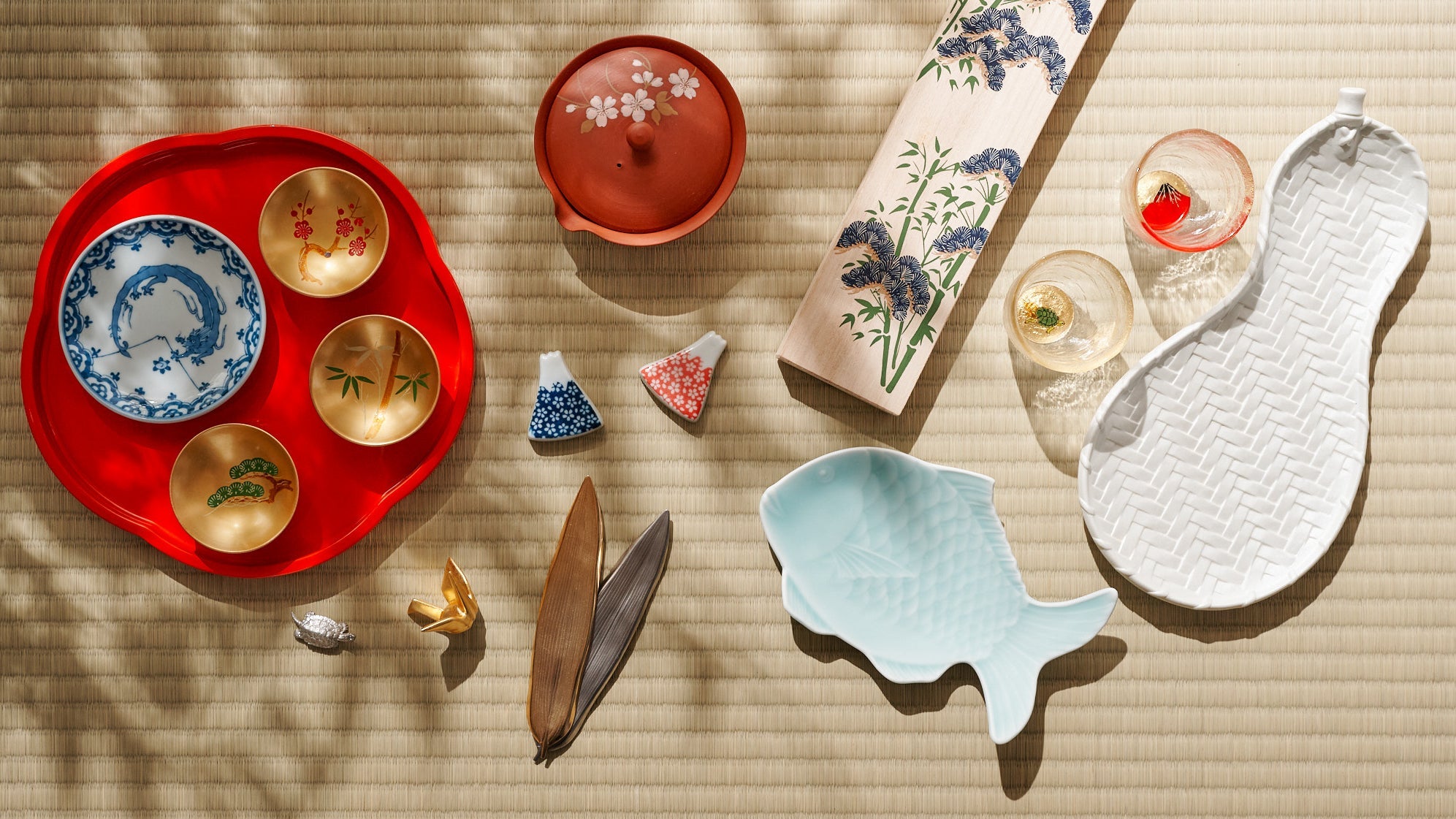
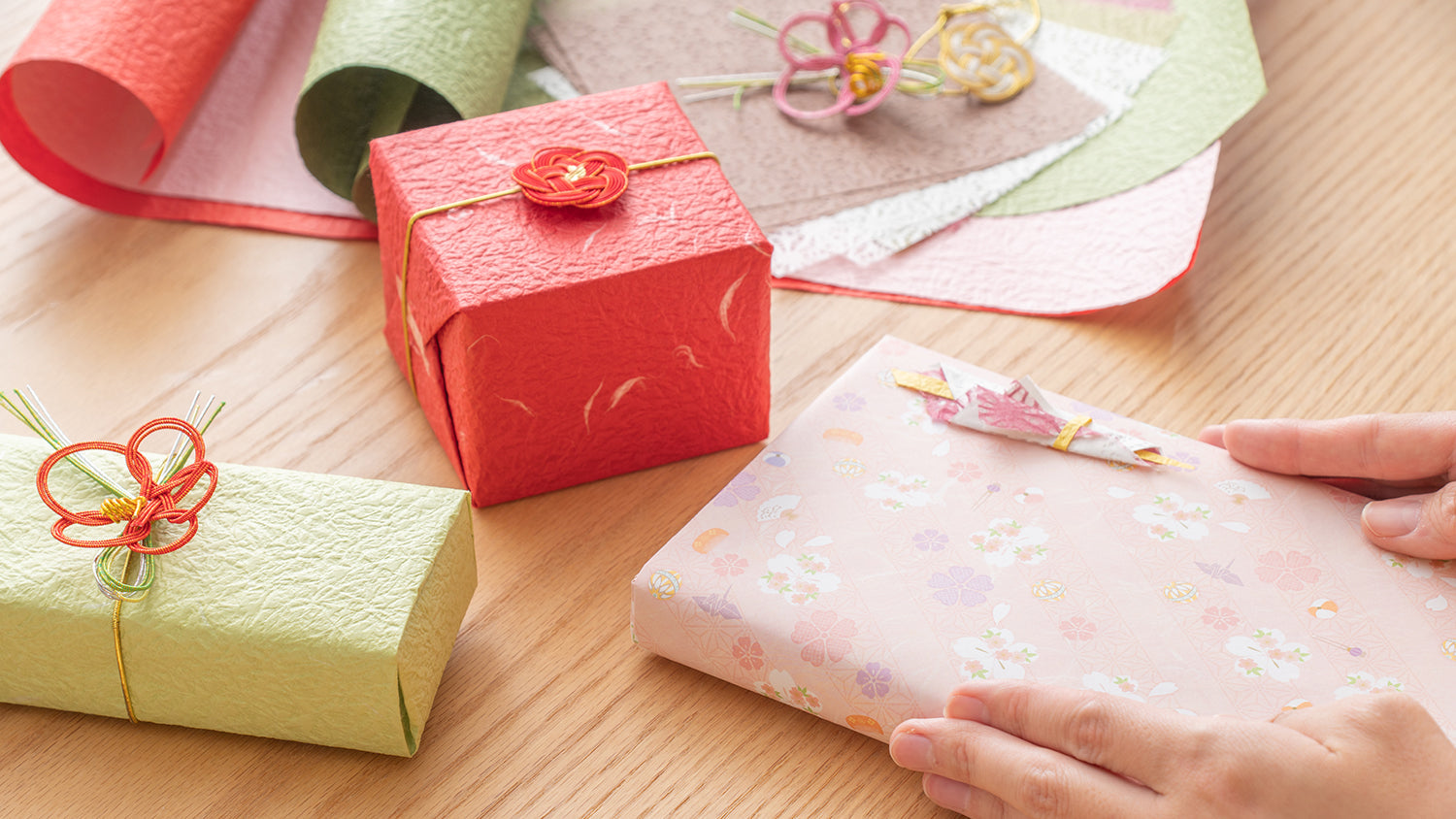
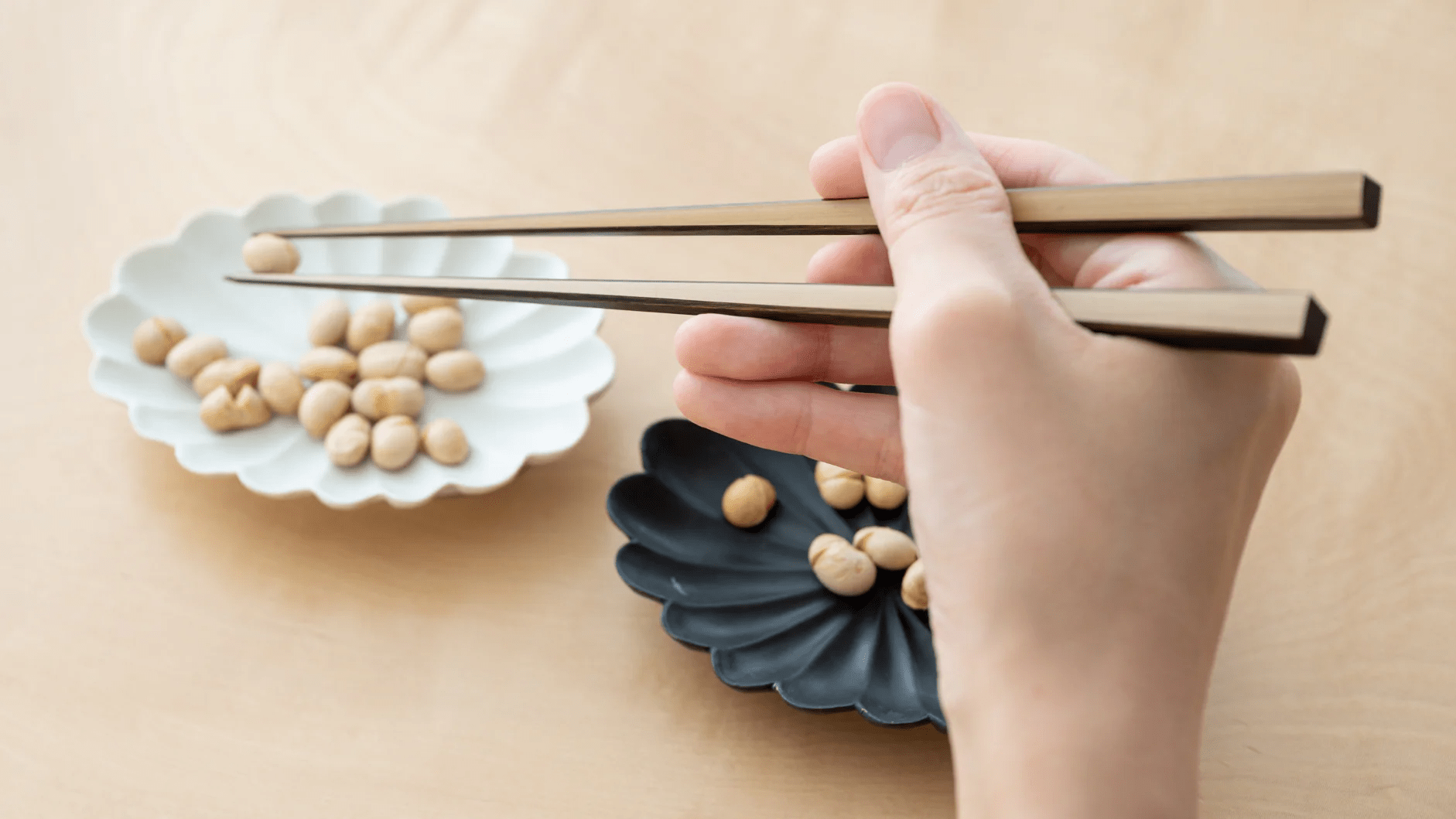
Leave a comment
This site is protected by hCaptcha and the hCaptcha Privacy Policy and Terms of Service apply.